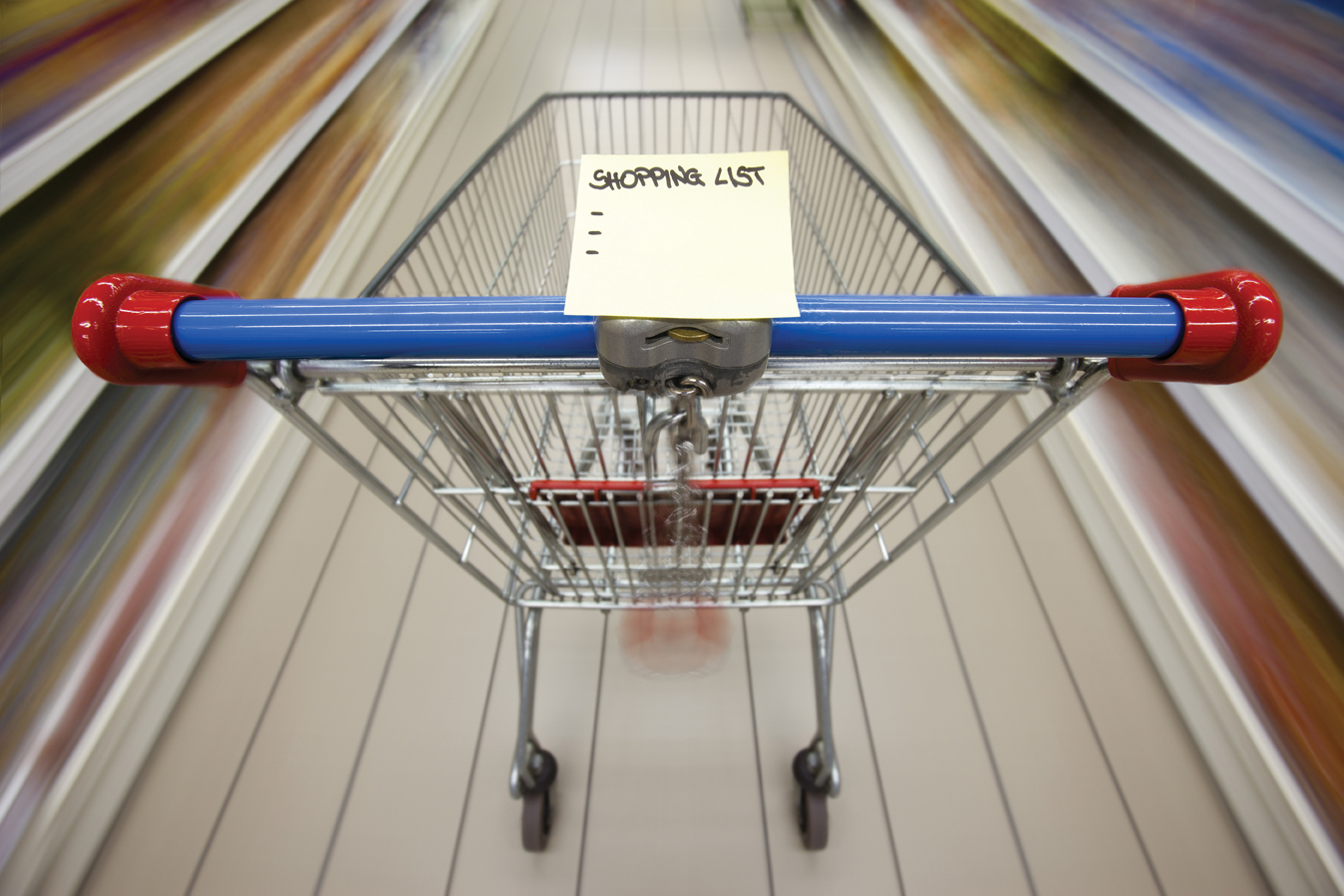News
Shoppers spend less in May as inflation starts to bite

Retail sales fell in May as consumers started to feel the pinch of rising inflation.
Like-for-like sales decreased by 0.4% last month compared to 0.5% growth for the same period last year, according to the British Retail Consortium (BRC) and KPMG.
Helen Dickinson, BRC chief executive, said May’s sales slowdown “is indicative of a longer-term trend of a decline in consumer spending” as household budgets become “increasingly squeezed by inflation”.
Inflation rose to 2.7% in April, its highest rate since 2013, while wage growth has stagnated, putting pressure on households.
Online sales of non-food products slumped, increasing by just 4.3% in May compared to a 13.7% rise a year earlier, the lowest growth since December 2012.
Last month’s declining figures follow a surge in retail sales in April, the by-product of a late Easter.
Paul Martin, UK head of retail at KPMG, said: “Retailers have been brought back down to earth with a thump.
“The impact of inflationary pressures on the nation’s purse continues to play out in this month’s figures.
“With inflation continuing to rise and wage growth stagnating, consumers are starting to feel the pinch, although the highly competitive nature of the UK grocery market continues to play out in the consumer’s favour.”
A separate study by Barclaycard showed consumer spending fell by 2.8% year-on-year in May, to hit a 10 month low.
It said shoppers spent less on groceries and fuel as well as household goods and clothing, but were willing to dig deep when it came to spending on the ‘experience economy’, with double-digit growth in cinemas and restaurants.
The report also said although shoppers prioritised spending on leisure time compared to material goods, they were feeling increasingly cautious about their spending power overall. Just over half (53%) said they felt confident in their household finances, the lowest level since Barclaycard started tracking confidence data at the start of 2015, and down from 70% in March.